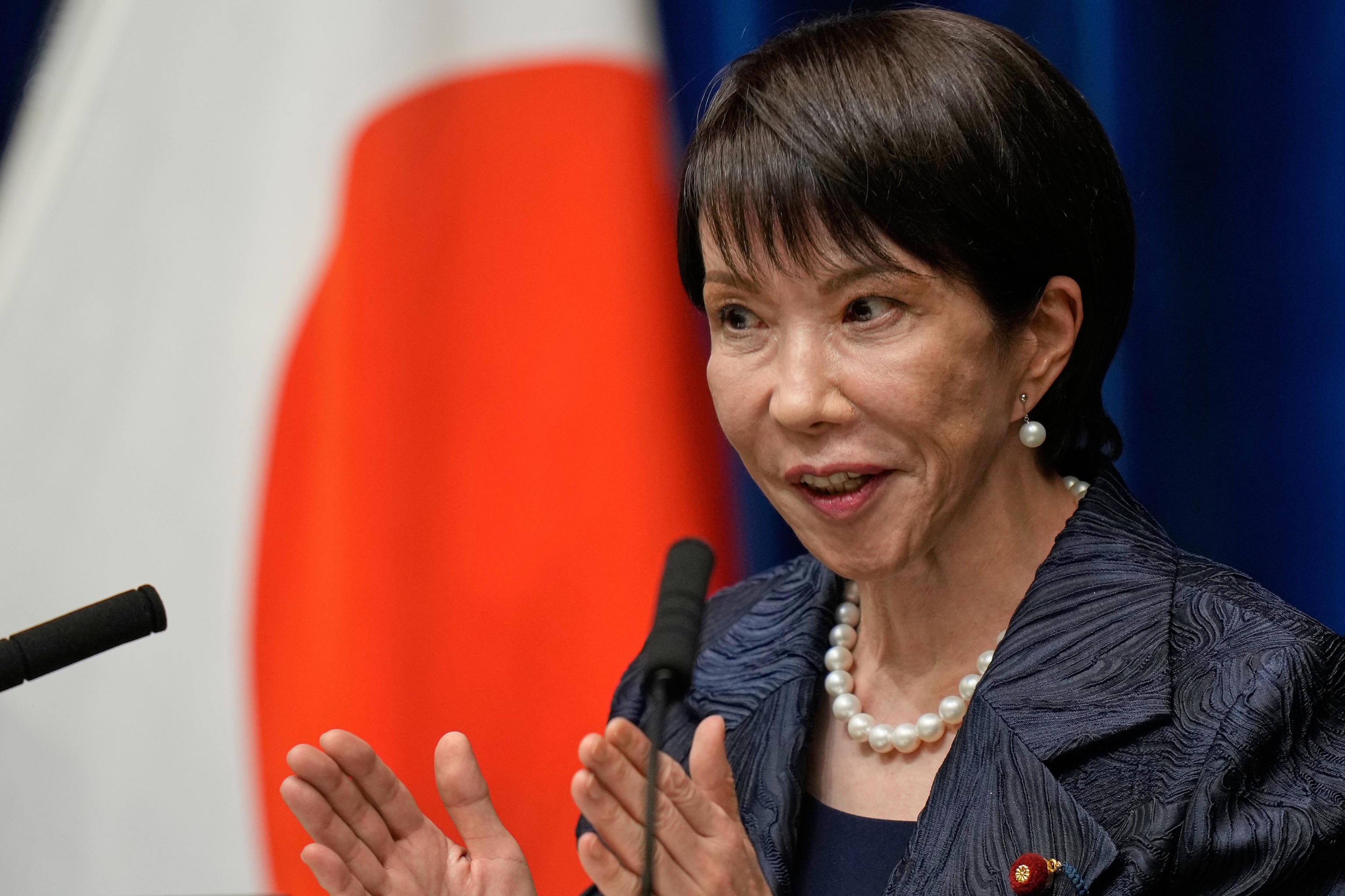After China warned its citizens not to travel to Japan this weekend, Chinese airlines began offering free cancellations for flights to the neighboring country. On Chinese social media, many users who were planning to travel in the coming days proudly shared screenshots showing their canceled tickets to cities like Tokyo, Osaka, or Kyoto. Some comments claimed that, amid a climate of growing hostility between the two countries, it was best to stay at home.
Tokyo and Beijing are embroiled in an intense dispute over Taiwan after Japanese Prime Minister Sanae Takaichi suggested earlier this month that Japan could potentially be militarily involved in case of a Chinese invasion of the self-governing island. These statements led to a diplomatic crisis that is now also affecting Japanese companies.
On Monday, shares of several major Japanese companies related to tourism and retail plummeted sharply due to the Chinese authorities' call for their travelers to avoid visiting Japan. This was compounded by another "recommendation" directed at Chinese students to reconsider their admission to Japanese universities, citing security reasons.
China is the main source of tourism for Japan, and Chinese travelers spend large sums of money on cosmetics, clothing, and electronics. Last year, more than 100,000 Chinese students were enrolled in educational institutions in Japan.
In Tokyo, they are aware that China's tantrum following Takaichi's incendiary statements can do a lot of harm to their companies. Therefore, to try to appease the crisis, Takaichi's government has sent a senior diplomat from the Ministry of Foreign Affairs to Beijing, who will seek to reassure Chinese officials that their country will not change its security policy despite Takaichi's words.
The Prime Minister, who has only been in office for a month, stepped into a delicate situation that previous Japanese administrations tried to avoid to not provoke Beijing's anger. Takaichi leaving the door open to an intervention to protect Taiwan by Japan's self-defense forces did not sit well with the Asian superpower.
China's response began with a now-deleted post by the Chinese Consul General in Osaka, Xue Jian, threatening to "cut Takaichi's neck". "If Japan dares to use military force to intervene in the Taiwan Strait, it would constitute an act of aggression, and China would respond forcefully," declared Lin Jian, spokesperson for the Ministry of Foreign Affairs last week.
When Takaichi mentioned the possibility of her country intervening in a conflict in Taiwan, she argued that a Chinese attack could be considered an "existential crisis" and a "situation that threatens Japan's survival," allowing Tokyo to deploy its forces based on the country's 2015 security law. "Japan must correct and retract those hostile statements. Otherwise, it will have to bear all the consequences," the Chinese spokesperson threatened. Both countries have summoned their respective ambassadors in recent days.
On Sunday, the Chinese coast guard took a patrol in the waters of the disputed Senkaku Islands in the East China Sea, administered by Japan but also claimed by Beijing.
For many years, this has been one of the main points of conflict between the Japanese and Chinese. These islands were formally claimed by Japan in 1895 and, except for the brief period after World War II when the US controlled the territory, were owned by a series of Japanese citizens until Tokyo bought them in 2012 and now they are under its control.
Beijing, which named them the Diaoyu Islands, began claiming them as its own in the 1990s after discovering that the islands had potential reserves of oil and natural gas. Japanese authorities often complain that Chinese fishing boats invade their waters, forcing the Japanese coast guard to block them. They also accuse Chinese military aircraft of flying over the disputed area.
On Sunday, Japanese authorities also reported that they mobilized some aircraft after detecting three Chinese drones flying over the waters separating Taiwan from Yonaguni, the closest Japanese island to Taipei.
